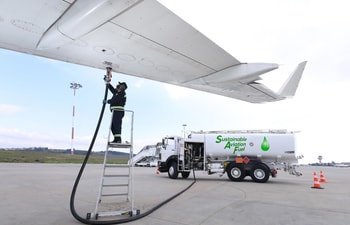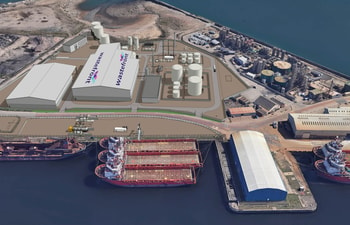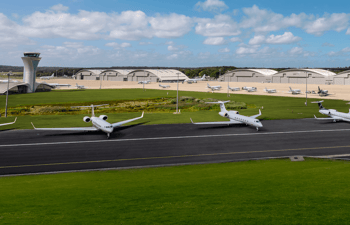Most companies are in “wait and see” mode when it comes to sustainable aviation fuel (SAF), according to a 200-company survey from Boston Consulting Group – which warns the timeframe for meaningful action is narrowing.
Moreover a similar number – around 66% of the 500 executives polled – expect to be an “observer” by 2030, the report found, and only a small subset are showing active leadership, a trend which is “unlikely to shift” without significant incentives.
While 80% of companies were satisfied they can meet their 2030 SAF objectives, only 14% felt well prepared to overcome challenges along the way.

Source: Boston Consulting Group
Production costs and fuel prices remain the top obstacles, cited by 52% of SAF producers and 49% of offtakers. The result is a vicious cycle with limited supply keeping prices high.
Bio-SAF (produced from natural oils or biomass) has emerged as the preferred technology although it is projected to fall 30% short of 2030 targets – while e-SAF (produced from thermochemical processes involving carbon and hydrogen) is expected to be 45% short.
Stronger and more predictable demand for SAF will improve the business case for project developers and financiers to invest in new facilities.
A related challenge is developers face difficulties converting non-binding memoranda of understanding into binding long-term offtake agreements.Carbon pricing could spur adoption and make SAF investments more attractive.
To scale SAF production effectively, industry players must collaborate through consortia that optimise capital expenditure and leverage economies of scale through ‘mega’ production facilities.
Concluding, the report notes, “This should be taken as a ‘last call’ to accelerate investment, regulation and market maturation.”
A UK government consultation on how best to develop the SAF industry closes on Monday.






